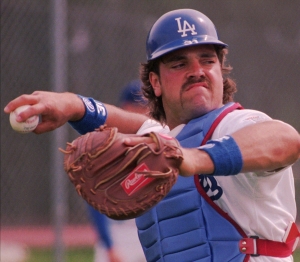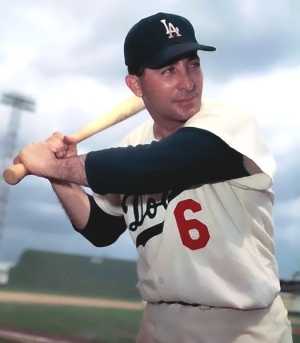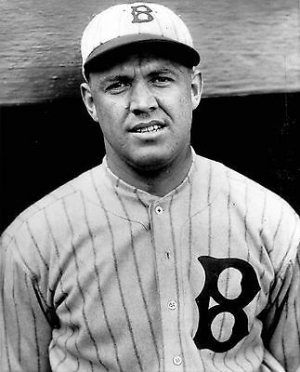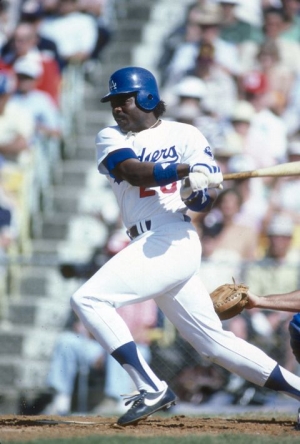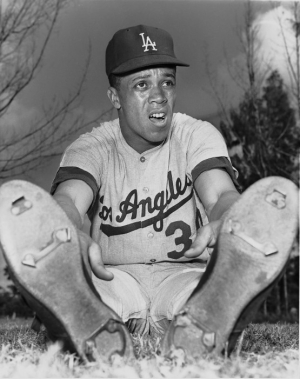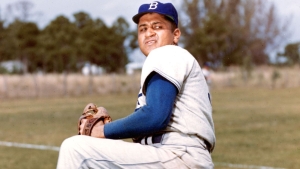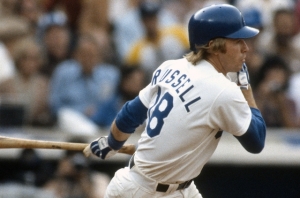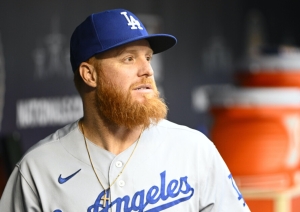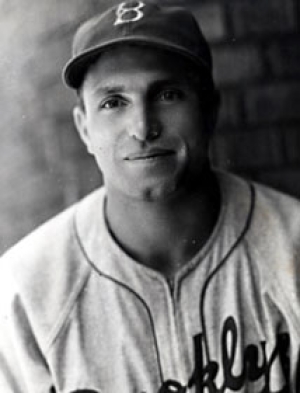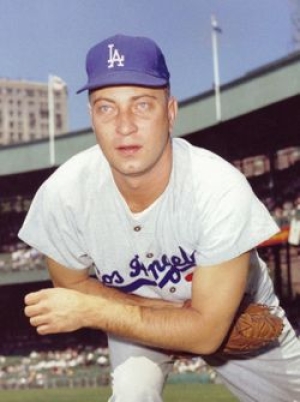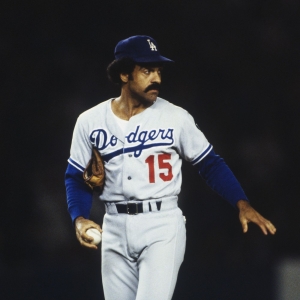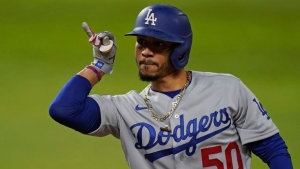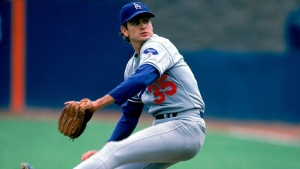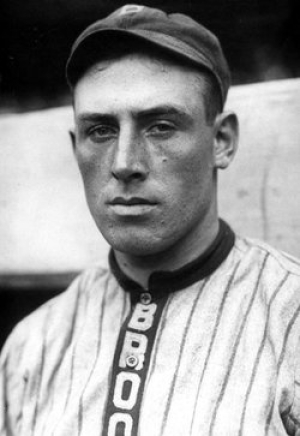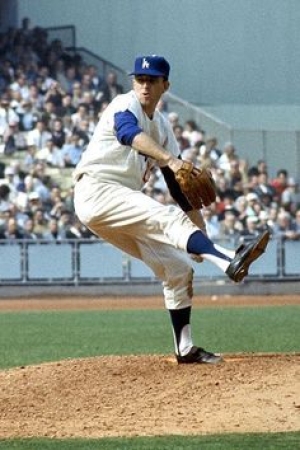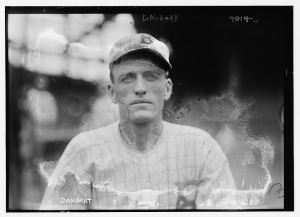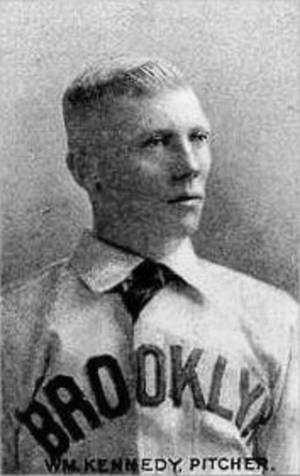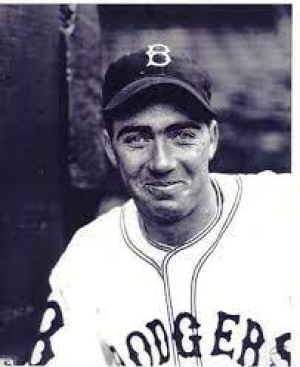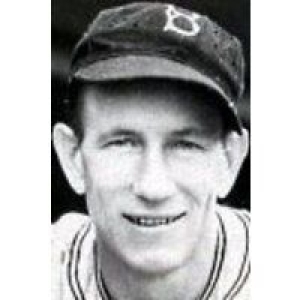Top 50 Los Angeles Dodgers
One of the most celebrated franchises in all sports, the Los Angeles Dodgers were initially the Brooklyn Grays in 1883, but it was a long time before they found an identity.
The organization changed its name multiple times since its origin, the Atlantics (1884), back to the Grays (1885-87), then the Bridegrooms (1888-90), the Grooms (1991-95), the Bridegrooms again (1895-98, the Superbas (1899-1910), the Trolley Dodgers (1911-12), then the Dodgers (1913), the Robins (1914-1931), before settling on the Dodgers again in 1932.
The Brooklyn Dodgers would sign Jackie Robinson to integrate baseball, and in 1955, on their eighth attempt, they finally won their first World Series.
The fans of Brooklyn were not rewarded for their loyalty and patience, and like the crosstown New York Giants, westward the Dodgers went in 1957, where they remain to this day.
In Los Angeles, the Dodgers won three World Series Titles in their first ten years in the new environment, capturing it all in 1959, 1963, and 1965. The 1970s saw them competitive at the decade's end, and they won two more Championships in the 1980s (1981 and 1988).
In recent years, the Dodgers have been a top team, winning the World Series in 2020 and 2024, and enter this year as the most loaded organization in baseball.
This list is up to the end of the 2024 regular season.
Note: Baseball lists are based on an amalgamation of tenure, traditional statistics, advanced statistics, playoff statistics, and post-season accolades.
TOURS: TRUIST PARK
Feb 13, 2026
Buy your Tickets to see Tours: Truist Park HERE!
GLIMPSE OF GREATNESS
Jan 01, 1970
Buy your Tickets to see Glimpse of Greatness HERE!
TOURS: TRUIST PARK
Feb 14, 2026
Buy your Tickets to see Tours: Truist Park HERE!
GLIMPSE OF GREATNESS
Jan 01, 1970
Buy your Tickets to see Glimpse of Greatness HERE!


